The Truth Behind That Metallic Tang
Let’s set the scene. You’re strolling through your house—late at night, maybe grabbing a snack—when you catch a whiff of something strange. Ever been there? It’s not mold. Not burnt popcorn. It’s that weird metallic scent that stops you in your tracks. You know, the kind of smell that gets your mind spinning, brings up all sorts of crime show flashbacks. And suddenly you’re asking yourself: what does blood smell like at a crime scene… and why is it so impossible to forget?
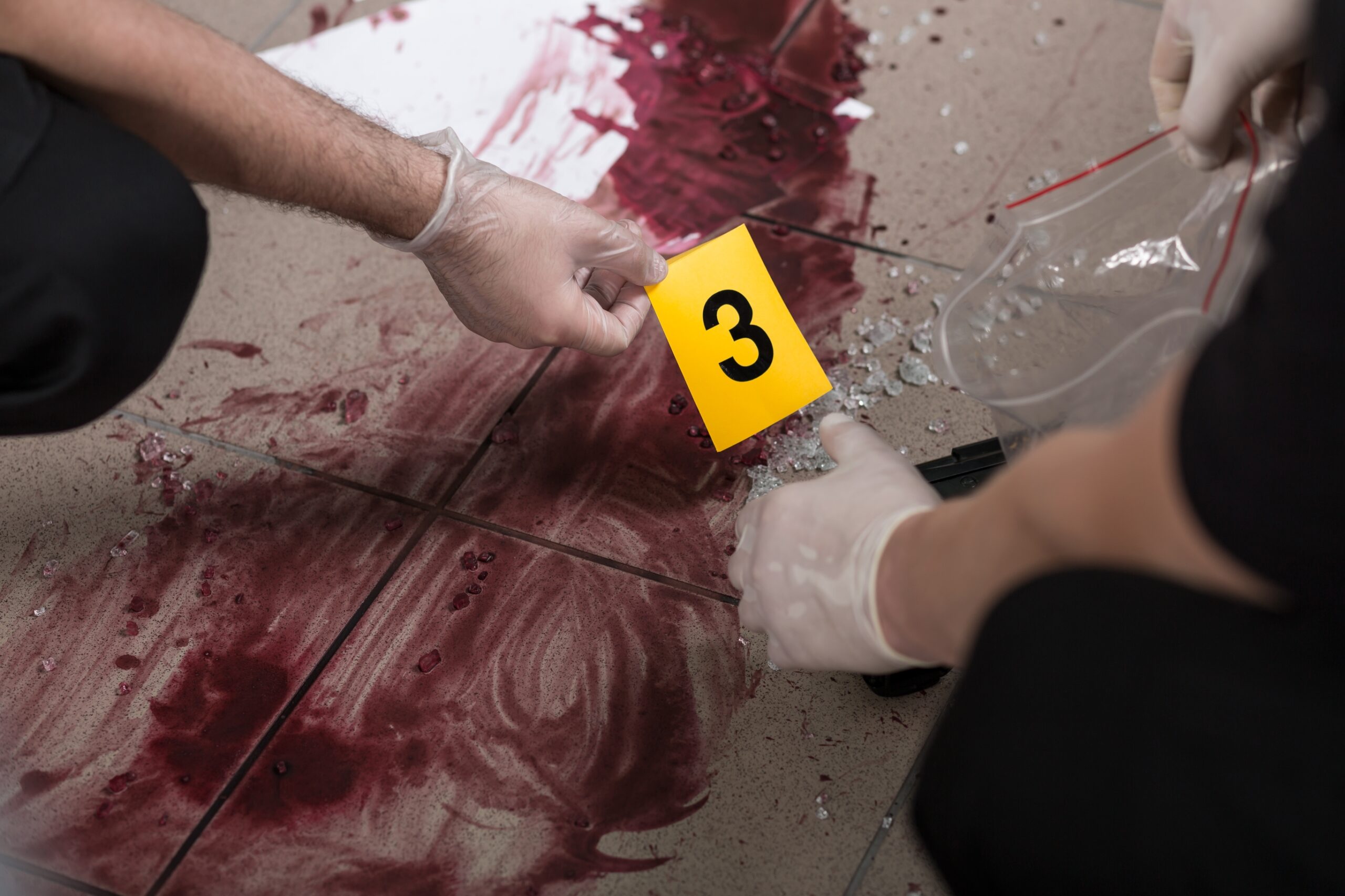
I’ve actually been obsessed with this for a while—chalk it up to a childhood spent consuming every CSI rerun. But, honestly, blood’s more than just a plot point. The scent is biological, psychological, and, well… sometimes unmistakably real. The kind of thing that gets under your skin. Stays there.
So, Why Does Blood Smell?
Years ago, I cut my finger on a can lid. Not dramatic—just a tiny nick. But for a second, time stood still. All I could focus on was the sharp tang rising up from my skin. Sound familiar? Maybe you noticed the same thing after a paper cut, or a nosebleed at the gym. That smell is real, and honestly, a little unnerving.
Scientists (and crime scene pros) will tell you: fresh blood smells metallic because of the iron in hemoglobin, the protein that keeps oxygen flowing through your system. Imagine licking a battery, or chewing on a penny (not that I’m recommending it, but hey, you probably did it as a kid…). Anyway, that’s the vibe. According to actual forensic cleaners, it’s more than just a hint—it’s a full-on, throat-filling, coppery sensation that clings to your senses and lingers for ages.
Neal Smither, legendary crime scene cleaner from the Bay Area, calls it “very unique” and says it comes closest to “a wet penny”—a sweet, heavy tang that you just can’t shake off. Another pro, Shawn Clark, sums it up as that battery-on-your-tongue taste, especially suffocating in small spaces. If you want to go further down this rabbit hole, check out How do you describe the smell of blood?, which explores this sense-memory from all sorts of angles, from medical labs to old-school forensics.
Can Our Noses Really Tell the Difference?
Believe it or not, people have actually put this to the test in real court cases. Picture Paris, 1829. Chemists and magistrates sniffing shirts stained with blood—some from humans, others from pigs and oxen—to see if they could get to the bottom of a murder. No joke: they literally trained their noses, dunked the shirts, and compared scents. Turns out, blood from different species does have unique markers, but the unmistakable part? That signature iron kick, no matter the source (see the history of forensic smell analysis if you want more old-school crime lore).
Pretty wild, right? Makes you wonder just how tuned in our own noses are. There’s probably a bit of survival instinct built in—if you smell blood, your brain takes notice (whether you want it to or not).
Quick Real-Life Example
My friend, ex-paramedic, once described walking into a fresh trauma scene as “stepping into a cloud of nickels.” He said his jacket carried the scent all the way home. His dog sniffed him suspiciously for days…
What Happens After a While? The Smell That Sticks Around
Now, let’s fast-forward. Not every scene gets cleaned up quick. Sometimes, blood—and other stuff—sits. And the smell? Oh, it changes. What starts as that sharp, metallic tang grows… heavier. If the area’s warm or closed off, decomposition starts playing its part. That’s when things get rough. Think: a sickly-sweet, musty, practically suffocating stench.

This isn’t just my imagination (thank goodness). According to research on crime scene cleanup odors, the process is called putrefaction. It’s a fancy way of saying bacteria and enzymes are breaking down proteins—in blood and in bodies. The result? Gases and volatile compounds that our noses really hate: hydrogen sulfide (think rotten eggs), cadaverine and putrescine (rotting meat/fish), skatole and indole (nasty, earthy, even a little… floral, weirdly enough).
| Stage | Smell Profile | Why It Happens |
|---|---|---|
| Fresh Blood | Metallic, sweet, coppery (like wet pennies) | Iron/hemoglobin oxidizes; small rooms make it intense |
| Early Decomposition | Metallic + earthy, sickly-sweet | First bacteria breaking down sugars/proteins |
| Advanced Decomposition | Rotten egg, putrid meat, musty/fecal | Buildup of gases like hydrogen sulfide, cadaverine |
Have you ever wondered why do I suddenly smell blood when there’s none around? Could be health issues, but sometimes, just a strong odor-memory. Our brains don’t always play fair.
When the Smell Won’t Let Go
Here’s a weird thing: pros say, even after scrubbing and showering, a strong blood (or decomp) scene can ride home with you. Like a ghost on your clothes. It’s not just psychological—volatile molecules cling to textiles, skin, even hair. Cleaning crews change in the garage, beg their partners not to hug them before laundry. I laughed when I first heard it, but after reading the stories, it’s… yeah, a real thing.
And get this—if you wet down an old, dried bloodstain? That metallic odor can reactivate, coming back strong, as if the room itself remembers. Kind of poetic…and kind of gross.
Health, Wellness, and a Whiff of Iron
Why talk about this on a wellness blog? Because blood (and its scent) is way more than just a crime scene clue. It’s a legit signal from your body—or your environment—that something’s not right. If you ever smell blood out of the blue—like out of nowhere, with no obvious cut—you should pay attention. Trust your nose: the scent of blood can be a warning from your sinuses, gums, lungs, or even nerves. Our bodies send signals through our senses all the time. Sometimes, the worst smells are the most useful ones.
Curious about all the reasons this might happen—in the gym, after a run, in your bedroom? Take a look at why do I suddenly smell blood for some expert and real-world takes. It’s fascinating, if you ask me.
When It’s Not a Crime… But Still Worth Noticing
Sometimes you might just catch a tiny hint of iron, maybe after flossing, or when—embarrassing confession—you get a nosebleed mid-yoga. (It happened to me… don’t do downward dog over shag carpet.) The point is, your senses pick up on tiny shifts. If you notice blood’s scent and there’s no obvious culprit, check in with your body. Are your gums healthy? Allergies acting up? Have you been pushing yourself a little too hard?
It’s not all gloom and doom. Often, these are fixable things. Slow down, hydrate, maybe lay off the midnight nachos.
Tools of the (Literal) Trade: How Pros Find What Noses Miss
So, let’s get nerdy for a minute. Did you know detectives use luminol—a powder that reacts with blood’s iron—to find traces invisible to the naked eye? It glows blue in spots where someone thought they’d cleaned every drop. But sometimes, that coppery scent tips people off even before the forensics arrive. I’ll never forget a story about a cleaner who walked into a house and found the air thick with “that smell,” even though everything looked spotless at first glance.

Wild how the nose often solves mysteries before high-tech gear gets a chance. And it makes sense, right? After all, animal trackers, even in modern times, train dogs to pick up scents we can’t detect. Our noses—though less powerful—are still an underrated superpower.
Blood, Diet, and All the Weird Connections
Fun fact: the smell of your own blood can sometimes shift based on what you eat, how hydrated you are, or even your fitness routine. Ever heard of that old myth about vampires loving sweet blood? There’s a grain of truth (sort of)—higher blood sugar can slightly change odor. For instance, post-workout, when your blood’s pumping and sweat’s pouring, you might be more likely to catch a whiff if you nick yourself shaving. If you’ve ever wondered about the specific descriptors for the scent, visiting how do you describe the smell of blood? can clear up anything your nose can’t quite pin down.
Not-So-Fun Anecdote
I once helped clean up a friend’s garage after a minor (but very dramatic) bike crash. The spot where he landed—bleeding and cursing, mostly at himself—held onto that iron tang for weeks. Lavender oil? Did nothing. Even after the stains faded, you could still “taste” that memory in the air on rainy days. Who needs candles when you’ve got iron-infused cement?
When Scents Tell Stories: Beyond the Scene
Funny thing: sometimes a weird scent in your life turns you into a detective. Could be nothing. Could be the start of a story you’ll retell forever. Smells are tightly tied to memories and emotions, which is why they’re used in creative therapy, mindfulness, and even trauma healing. If you’re ever in a sticky “what does blood smell like at a crime scene” situation (hopefully only hypothetically…), your brain files it away whether you want it to or not.
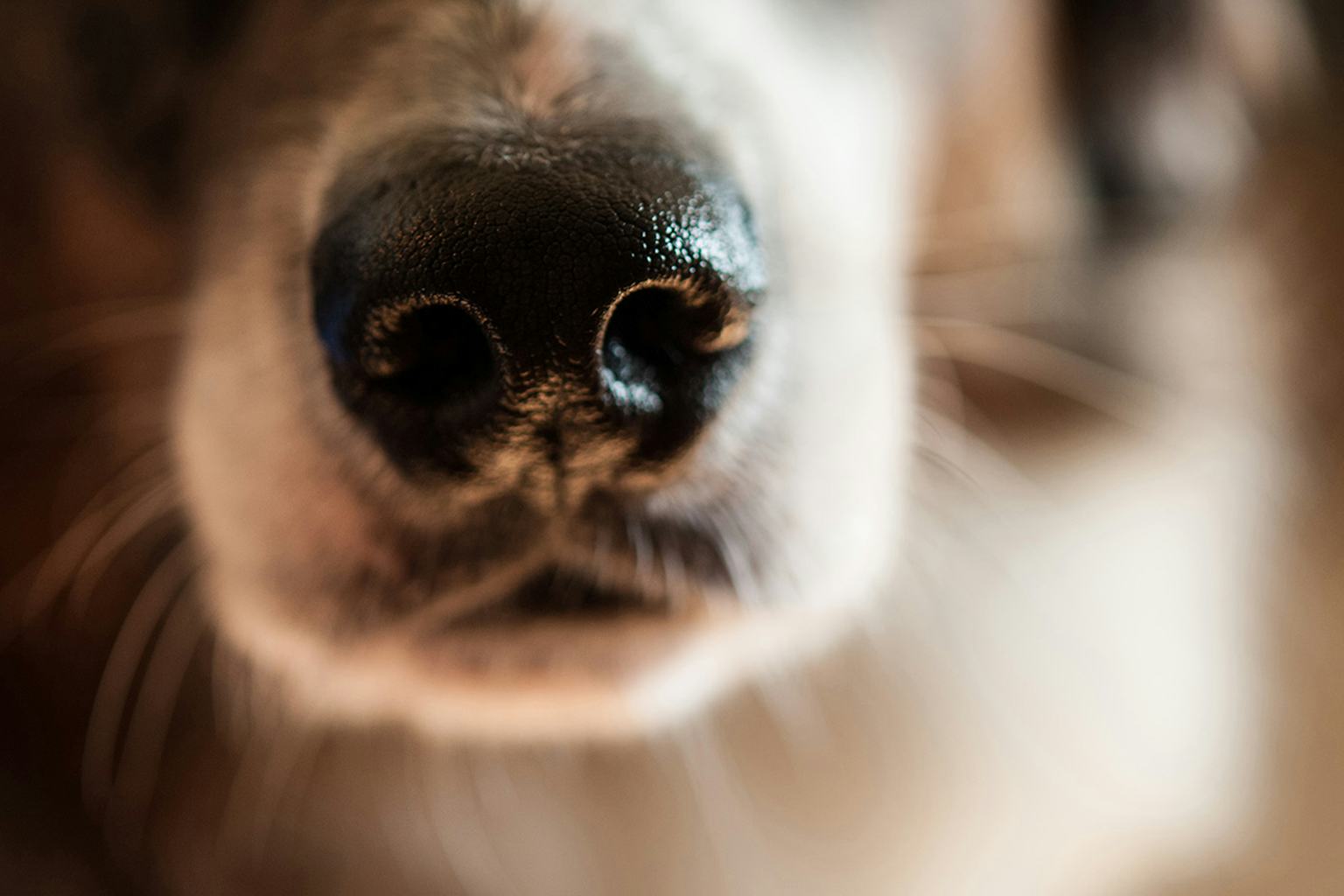
And, on the flip side, if you have sensitivities to any kind of strong odors—whether it’s blood, bleach, or earth after rain—those can sometimes signal underlying issues, too. Don’t ignore what your nose is telling you.
Wrapping It Up: Your Nose, Your Health, and Blood’s Strange Power
So… what does blood smell like at a crime scene, really? It’s metallic and sharp. It fills the air, gets into your throat, and sometimes sticks around long after it should. It’s a smell that can warn, alarm, or haunt. It morphs with time and circumstance, turning from penny-sweet to sickly-rotten if left to decay. It’s a signal—sometimes from our bodies, sometimes from the world around us—to pay attention. And honestly? If you ever smell blood when you shouldn’t, trust your gut…and your nose.
Don’t feel weird about asking: why do I suddenly smell blood? Dig a little deeper. Consult that awesome internal compass you have, and don’t ignore your senses. And next time a memory sneaks up on you—like the time you bled on your friend’s white couch or got busted at dinner with a paper-cut napkin—laugh (or cringe)… and thank your nose for looking out for the rest of you.
What about you? Got a scent-triggered story, or a weird wellness tip you swear by? Share it below. You’d be shocked how much we all have in common—one metallic whiff at a time.

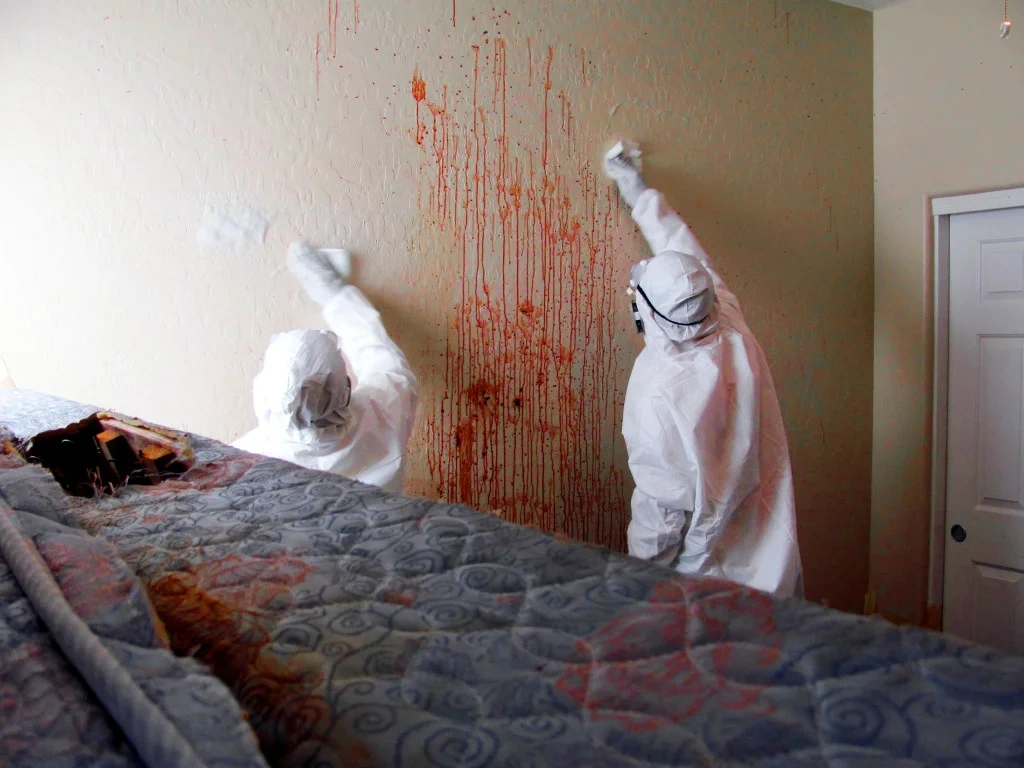
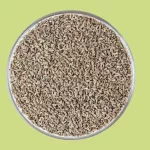










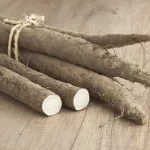




Leave a Reply
You must be logged in to post a comment.